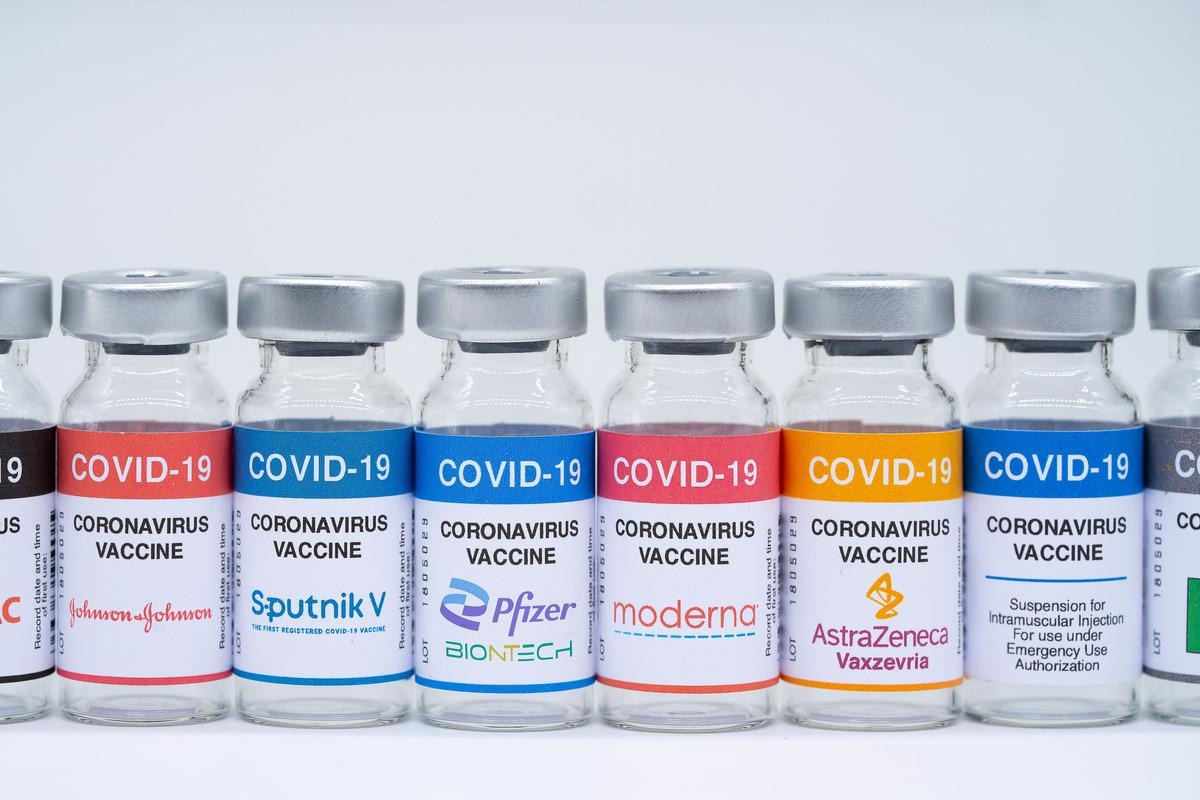Since the onset of the coronavirus disease 2019 (COVID-19) pandemic, which is caused by severe acute respiratory syndrome coronavirus 2 (SARS-CoV-2), over 493 million confirmed cases have been reported.
Scientists have developed several vaccines to contain the COVID-19 pandemic; however, the global COVID-19 vaccination rate has not reached the levels required for herd immunity as a result of inequalities in access and public hesitancy. Additionally, various questions, such as the necessity of vaccinating individuals who have previously recovered from SARS-CoV-2 infection and if a single vaccine dose can induce sufficient immune protection against the disease, have been raised and still require scientific clarification.
Owing to the development of several genomic mutations, numerous SARS-CoV-2 variants have emerged that exhibit greater virulence, transmissibility, and capacity to evade immune responses elicited through both vaccination and natural infection. The reduced efficacy of available vaccines against circulating SARS-CoV-2 variants further renewed interest in questions related to the effectiveness of vaccinating individuals who have recovered from SARS-CoV-2 infection.

Study: Effectiveness of CoronaVac, ChAdOx1 nCoV-19, BNT162b2, and Ad26.COV2.S among individuals with previous SARS-CoV-2 infection in Brazil: a test-negative, case-control study. Image Credit: Marco Lazzarini / Shutterstock.com
Background
Previous studies have indicated that COVID-19 elicits strong T-cell and B-cell responses, which reduces the risks of subsequent symptomatic infection and severe outcomes. These studies further showed that individuals who were vaccinated with any of the approved vaccines including ChAdOx1 nCoV-19 (AstraZeneca), Ad26.COV2.S (Janssen), BNT162b2 (Pfizer-BioNTech), and mRNA-1273 (Moderna), provided additional protection to convalescent COVID-19 individuals against symptomatic reinfection. Very few studies are available that study the effectiveness of inactivated vaccines against SARS-CoV-2 reinfection in the recovered group of individuals.
Similar to many countries around the world, Brazil has also experienced a significantly high number of COVID-19 cases and deaths. Four different COVID-19 vaccines were approved for use in Brazil which belonged to three different classes, including inactivated virus (CoronaVac; Sinovac), viral vector (ChAdOx1 nCoV-19 and Ad26.COV2.S), and messenger ribonucleic acid (mRNA) (BNT162b2) technologies.
About the study
A new The Lancet Infectious Diseases study evaluates the effectiveness of four COVID-19 vaccines against symptomatic infection, hospitalization, and death in SARS-CoV-2 convalescent individuals. Herein, the researchers used national disease surveillance and vaccination databases from Brazil to conduct a test-negative case-control study.
In this study, researchers matched reverse-transcription polymerase chain reaction (RT-PCR) positive and symptomatic SARS-CoV-2 infection, with up to ten controls, with negative RT-PCR tests from those who presented symptomatic illnesses. The RT-PCR tests were performed at least 90 days after initial infection for both groups.
The scientists utilized multivariate conditional logistic regressions to compare the odds of test positivity and hospitalization or death due to COVID-19 in accordance with their vaccination status and time since their first or second vaccine dose.
Study findings
In the current study, the authors observed a high degree of additional protection in vaccinated individuals who had a history of COVID-19. Additional protection was induced by all four vaccines against symptomatic COVID-19 and severe outcomes.
After the second dose of CoronaVac, ChAdOx1 nCoV-19, or BNT162b2 vaccines, additional protection levels rose from 39% after the first dose to 65%. Furthermore, protection against hospitalization or death exceeded 80% after fourteen days of receiving the second vaccine dose.
The current study confirms that the second dose of CoronaVac, ChAdOx1 nCoV-19, and BNT162b2 offered significant additional protection against symptomatic COVID-19 and severe disease. A recent study indicated that the levels of immunoglobulin G (IgG) specific to the receptor-binding domain in COVID-19 convalescent individuals declined to about 35% of the original level by nine months post-vaccination. Repeated exposure to SARS-CoV-2 antigen would increase antibody diversity, which might enhance protection against newly emerging SARS-CoV-2 variants.
The findings of this study align with previous reports that individuals with a history of COVID-19 who were vaccinated with either ChAdOx1 nCoV-19 or BNT162b2 had a lower risk of symptomatic COVID-19 as compared to those who were previously infected and unvaccinated. In this study, scientists estimated the magnitude of protection against symptomatic infection offered by ChAdOx1 nCoV-19 and BNT162b2 to be 56% and 64.8%, respectively.
A modest level of protection was observed among individuals who were previously infected by SARS-CoV-2 and received either CoronaVac or Ad26.COV2.S. However, two doses of CoronaVac provided high levels of protection against severe COVID-19 outcomes.
Interestingly, three doses of CoronaVac, ChAdOx1 nCoV-19, or BNT162b2 provided a maximum level of protection that exceeded 80%. A single dose of the Ad26.COV2.S vaccine had a reduced efficacy of 57.7%.
Conclusions
A key limitation of the current study is that the assessment of vaccine effectiveness was not determined based on age groups. Another limitation was that there was a time-lapse between the introduction of various vaccines, such that immune protection elicited by a particular vaccine might have waned off based on the immunization time.
In the current study, scientists believed a high degree of hybrid immunity from infections and vaccination is the reason why Brazil did not experience a similar rate of deaths and hospitalization as the United States and other European countries, despite having comparable vaccination coverage. The authors also observed that vaccinated COVID-19 convalescent individuals exhibited strong protection against severe outcomes.
Journal reference:
- Cerqueira-Silva, T., Andrews, J. R., Boaventura, V. S., et al. (2022) Effectiveness of CoronaVac, ChAdOx1 nCoV-19, BNT162b2, and Ad26.COV2.S among individuals with previous SARS-CoV-2 infection in Brazil: a test-negative, case-control study. The Lancet Infectious Diseases. doi:10.1016/S1473-3099(22)00140-2.